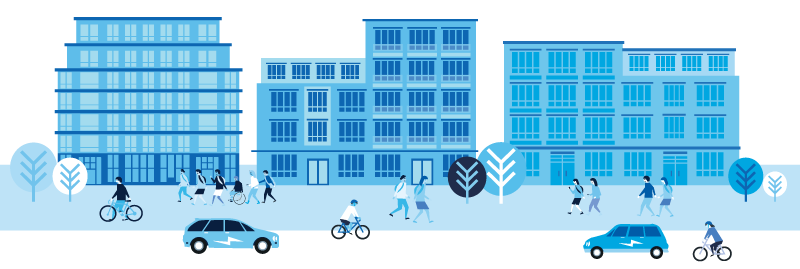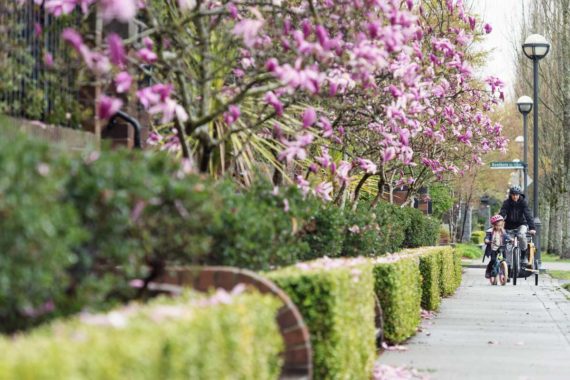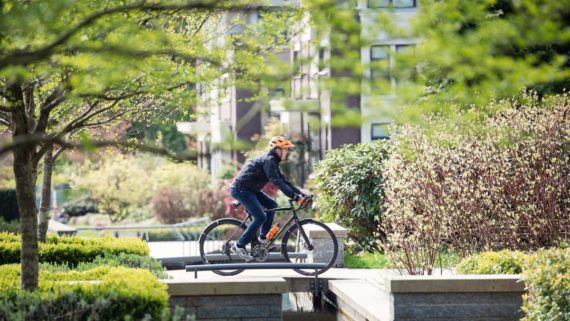Housing and SkyTrain are needed to support the growing campus community

As UBC advocates for an extension of rapid transit to its Vancouver campus, critics have argued the university isn’t building enough housing for its own community. In fact, UBC is aggressively pursuing innovative and affordable housing options for students, faculty and staff, while continuing to build market housing to support the university’s endowment. Even with all of the new housing planned for the campus, the university simply can’t meet the demand and faculty, staff and students will continue to commute to UBC from municipalities across Metro Vancouver.

Student Housing
UBC has more student housing than any other university in Canada. Studies have shown that living in student housing on campus improves academic success and builds social connections that lead to a stronger sense of belonging.
Faculty and Staff Housing
UBC builds neighbourhoods to make vibrant communities, to provide a place for the UBC community to live, work, learn and play, and to build a financial endowment to support UBC’s academic mission. At the heart of this is being able to attract and retain faculty, staff and students to strengthen UBC’s academic role for the region and province.
UBC’s Housing Action Plan sets a target for 30 per cent of all new residential developments on campus to be rental housing, two-thirds of which are targeted as below-market rental housing for faculty and staff.
Sustainable Communities
In creating more on-campus housing for faculty, students and staff, UBC is doing more than simply addressing housing affordability—it is also creating more livable, walkable and sustainable communities. The environmental footprint of UBC’s on campus housing is getting smaller as residential space is increasing due to the university’s Green Building Action Plan. The plan requires high levels of energy and water efficiency and calls for the use of healthy materials, all of which help lower carbon emissions. As well, as more people call UBC home, greenhouse gas emissions from commuting are projected to drop by 16 per cent by 2035. The result: fewer cars, less pollution, more pedestrians, and more social interaction.

Vibrant and Connected Communities
Incorporating childcare spaces, parks, grocery stores and other amenities alongside new housing makes UBC a desirable place to live and ensures campus residents—including those not affiliated with the university—can live in more vibrant and sustainable communities. As more people are attracted to living at UBC, a reliable rapid transit link will be that much more important, connecting the campus to other employment, health and innovation hubs across Metro Vancouver.
